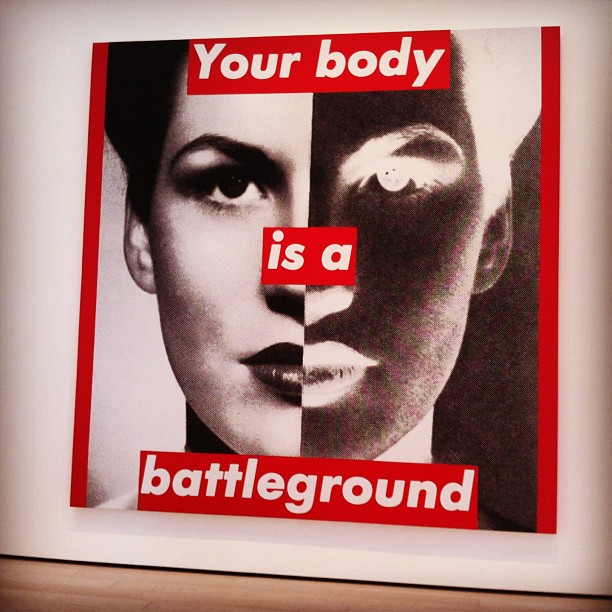The Equal Employment Opportunity Commission defines sexual harassment as "unwelcome sexual advances, requests for sexual favors, and other verbal or physical conduct of a sexual nature." I can ask every single woman in our class if they've ever been sexually harassed and I'm positive that we'd all have a story to tell. We've all had experiences while walking down the street and having men whistle, catcall, or even come up to you and make physical contact. Instead of around waiting for other people to make a change, these woman take matters into their own hands.
Sexual harassment is something that woman in the 21st century still deal with on a daily basis. One example of sexual assault is street harassment. Whether it's in foreign countries or right here in the United States. Simply walking down the street can become an annoyance when you know that a "hey sex" or "smile beautiful" is going to be said to you from a random stranger on the street. For my semester project I am tackling this very topic. Why do men feel the need to comment on my appearance? Why do they feel insulted and call me a "stuck up bitch" if I decline their offer to "let me take you out sometime." One amazing artist named Tatyana Fazlalizadeh posts up large posters of woman with captions that directly address offenders of street harassment. Her works are primarily based in Brooklyn, New York but they also can be found in Long Island. Fazlalizadeh is an interventionist because her work is displayed in public spaces so it forces you to look at them and make a social and personal connections.
 |
| "My Worth Extends Far Beyond My Body" Tatyana Fazlalizadeh (2017) |
 |
| University of Kansas Art Instillation: "What were you wearing?" Jen Brockman (2013) |
"We are not surprised.
We are artists, arts administrators, assistants, curators, directors, editors, educators, gallerists, interns, scholars, students, writers, and more—workers of the art world—and we have been groped, undermined, harassed, infantilized, scorned, threatened, and intimidated by those in positions of power who control access to resources and opportunities. We have held our tongues, threatened by power wielded over us and promises of institutional access and career advancement."
This post correlates to the readings in Seeing Power because it talks about how people in power have the ability to make money through the manipulation of others. When this letter was posted on social media it got over 1,800 signatures which lead to Landesman resignation. This form of activism is related to the readings in the Interventionist. Being that Landesman was a predator to his employees, they decided to no longer sit in silence and take a step towards change in their work environment. One of the 1,800 woman who signed that open letter was named Barbara Kruger. After Landesman resigned, Kruger made a black and white mural with the head-shot of a woman entitled "Your body is a Battleground."
 |
| Los Angeles County Museum of Art: "Your body is a battleground" Barbara Kruger (2013) |
Sources:
No comments:
Post a Comment
Note: Only a member of this blog may post a comment.